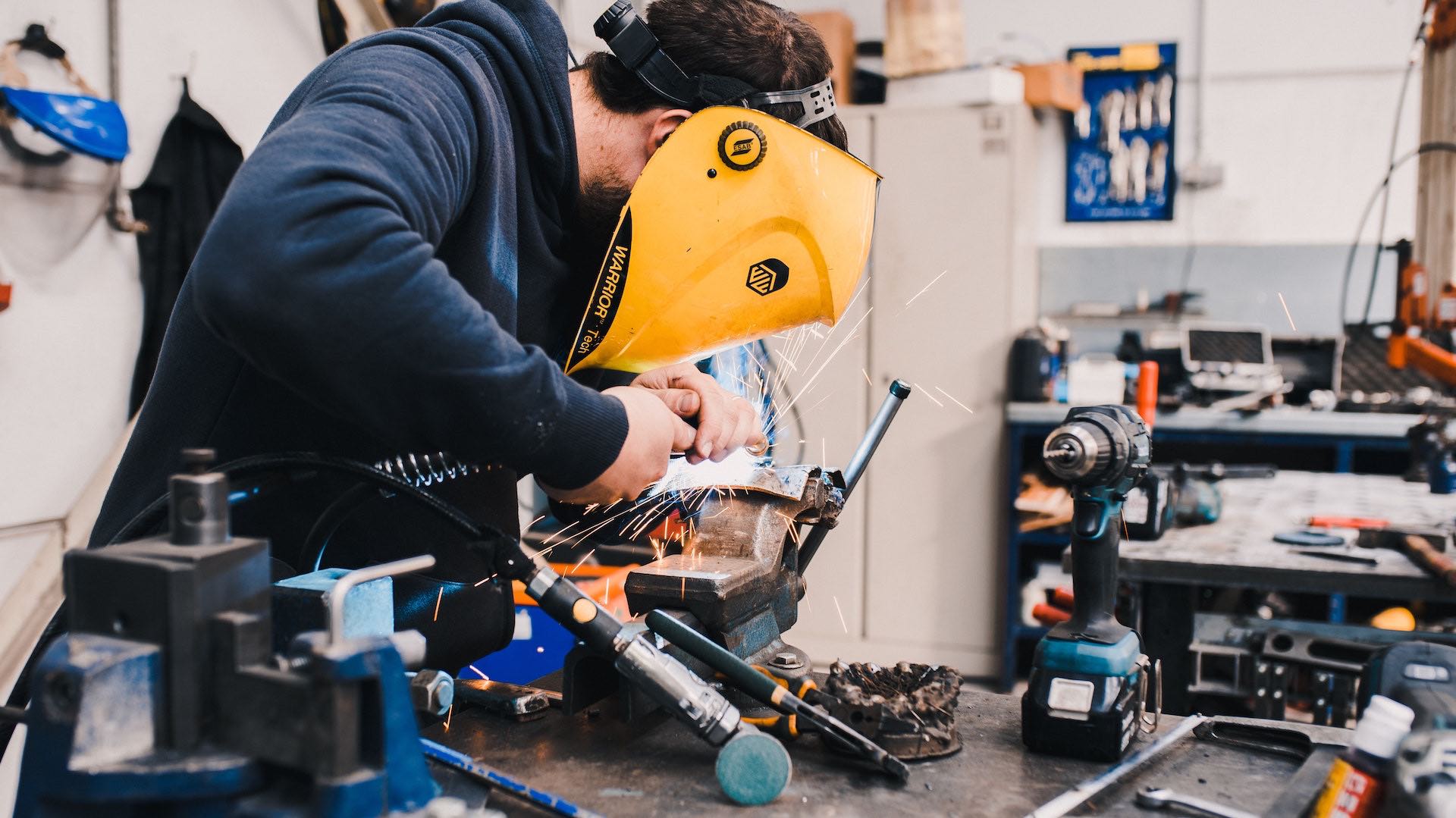If you’re injured during work, your employer is generally responsible for taking care of your medical needs. They do this using a type of insurance coverage called workers’ compensation.
When workers’ comp is done right, it can do a lot to help you heal and get you back to work in great shape. However, it doesn’t always work the way it’s supposed to.
Ideally, what should workers’ compensation do? Let’s take a look.
You Report an Accident and Injury
The process starts if you are injured at work. For instance, let’s say you slip and fall in a warehouse. You need to report it to your supervisor right away. This might include filling out a written report.
Sometimes there’s pressure in the workplace, either directly or indirectly, to not report accidents. However, if you don’t report that you were injured within the required time, you’ll lose out on your workers’ compensation benefits. So if you’re injured, follow the process to report it immediately.
Your Employer Reports the Claim
After you report a work-related injury, your employer tells the state workers’ compensation agency or board. They activate the coverage that will pay for your injuries and missed time from work. These benefits and payments are provided to you, not your employer.
Your employer will also need to report the injury to the Occupational Safety and Health Administration (OSHA). OSHA may investigate the incident to make sure your employer was following appropriate safety procedures.
Types of Coverage You Can Expect
Workers’ compensation varies depending on your state but generally provides four types of coverage.
First, you’ll have coverage for the medical costs of being treated and recovering from your injury. This includes doctor visits, hospital care, medication, physical therapy, and any medical equipment you need, like a wheelchair or crutches. You shouldn’t have any copayments or deductibles.
Secondly, there are generally disability benefits. These can be temporary or permanent and apply for both partial and total disability.
Third, you may get vocational rehabilitation benefits if you can no longer do your original job due to injury. This training will help you prepare for and transition to a different position where you can succeed.
Finally, there are death benefits paid to your spouse and children or other dependents if you die due to a workplace accident. Burial costs are also covered.
What Types of Injuries Are Covered By Workers’ Compensation?
Because the state regulates workers’ compensation, the exact details can vary. However, there are specific types of injuries that are covered in almost every case.
For instance, carpal tunnel is a repetitive injury associated with computer work. Workers’ compensation generally covers carpal tunnel. The same is true for repetitive injuries to your back from lifting heavy objects regularly.
Slip and fall accidents are covered, as are injuries sustained in a car accident if you were driving for work. Workers’ comp also covers internal injuries due to toxic substances.
When Workers’ Compensation Doesn’t Work
What do you do if workers’ compensation doesn’t protect you the way it should? Whether it’s due to a misunderstanding of the incident, dishonesty by your employer, or other circumstances, you can appeal the decision.
If you do, it’s best to have a professional on your side. Hiring a workers’ compensation lawyer will help protect your rights and get you the care you deserve. If you’re facing trouble with workers’ compensation, contact us for a consultation today!

